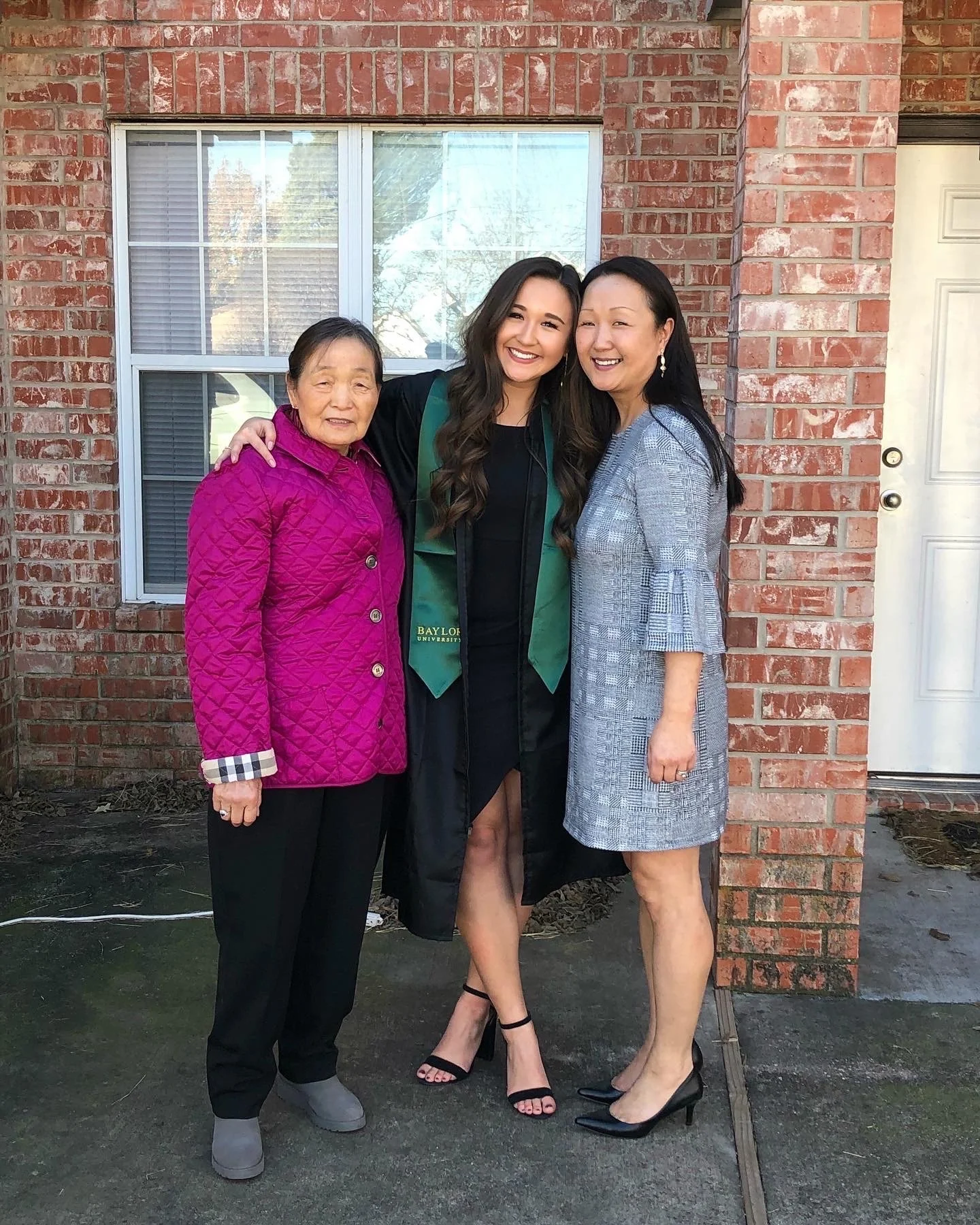Understanding & Disputing Asian- American Stereotypes
Growing up, I experienced the receiving end of many Asian- American stereotypes as I am half- Korean, and proudly told the story of my mother and grandmother immigrating from Korea in the 1970s. Many of these stereotypes were centered around the idea that most Asian people are inherently intellectually gifted and often perfectionistic by nature due to a strict, authoritarian parenting style.
These stereotypes didn’t seem to bother me much when I was young as I didn’t feel the need to conform until the seemingly inevitable desire to fit in as an adolescent became more prevalent.
Now, it fascinates me to unpack the stereotype of the high- achieving Asian- American in relation to parenting styles. The book, Tiger Mom by Amy Chua, “made a case for the virtues of high-driving parenting” (Park, 2014). While there are seemingly many debates on why Asian- American kids perform at high degrees, a study of students from kindergarten through high school from 1998 to 2006 showed that Asian- American students had higher grades as a “result of a combination of stronger work ethic, community support, and emphasis on academics, which Asian parents tended to prioritize” (Park, 2014). However, many speak out about the academic success coming at a price as Asian- American students can often struggle with confidence, identity, and sometimes a strained parent-child relationship.
Reading these things provided space for me to reflect on my own experiences as my mother was very strict within the realm of my education, however, we both grew up in America with a more westernized cultural approach that provided some balance. When I look back now, I personally have feelings of deep gratitude, appreciation, and admiration as I have a better understanding of the context of what education meant to my mom and grandma.
My grandmother was not allowed to go to school in Korea and fought her way here so that my mom and I could have the opportunities that she did not. When I hear the struggles and sacrifices that they made for me as immigrants within the United States with little to no resources, language barriers, and the realities of living in poverty, I can understand and greatly appreciate the emphasis they made on school, while also doing the work to know that my identity is not found on a report card. Through the challenging moments where they pushed me and the sweet moments where they spoke truth and empowering words to me, I felt their love through it all.
Taking the time to know that every person’s experience is truly individual, unique, and of great value is what I believe to be the first step in understanding and/or disputing any stereotype. Recognizing that there can be truths and deceptions to every stereotype and listening to people’s stories from an open posture can make all the difference. If you have a similar or wildly different experience from mine, I would love to hear it, understand it, work through it, and appreciate it with you.
- Megan
Reference Park, A. (2014). Tiger Mom was Right. Time Magazine.

